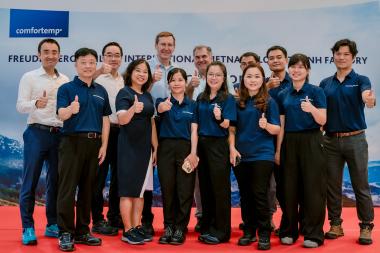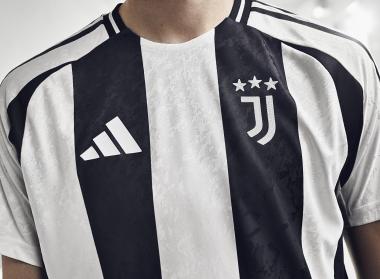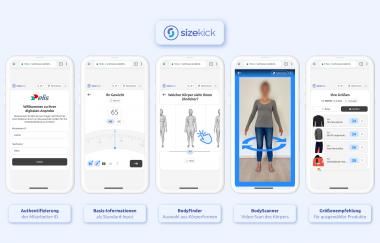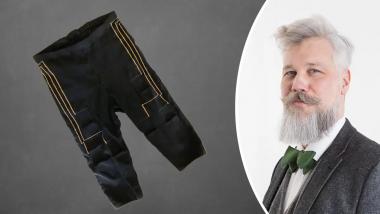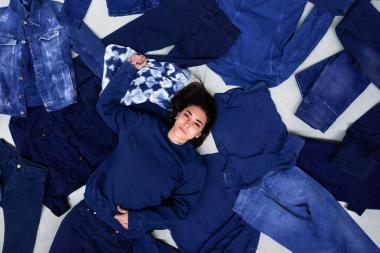Freudenberg Performance Materials Apparel inaugurates factory in Vietnam
Freudenberg Performance Materials Apparel (Freudenberg Apparel) announced the production opening of its state thermal insulation factory located in Long Thanh District, Vietnam. This facility specializes in the production of comfortemp®, Freudenberg’s renowned high-performance thermal insulation material, designed to elevate fashion and sportswear apparel.
This additional new factory extends Freudenberg Apparel's thermal insulation production across key Asian markets, including the Chinese mainland and South Korea. It also significantly strengthens Freudenberg Apparel’s global production capabilities and supply network. This expansion will bolster the company's competitive edge in Asia and reaffirms its ongoing dedication to innovation and evolution within the apparel industry.
"By localizing the production of our thermal insulation materials in Vietnam, we are not only reducing lead times for our customers but also streamlining the supply chain, ensuring we continue to deliver exceptional value for customers," stated John McNabb, Chief Technology Officer at Freudenberg Performance Materials. The Vietnamese facility is equipped to produce sustainable thermal insulations, providing customers with options that align with their sustainable garment production initiatives and goals.
Freudenberg Performance Materials Apparel


